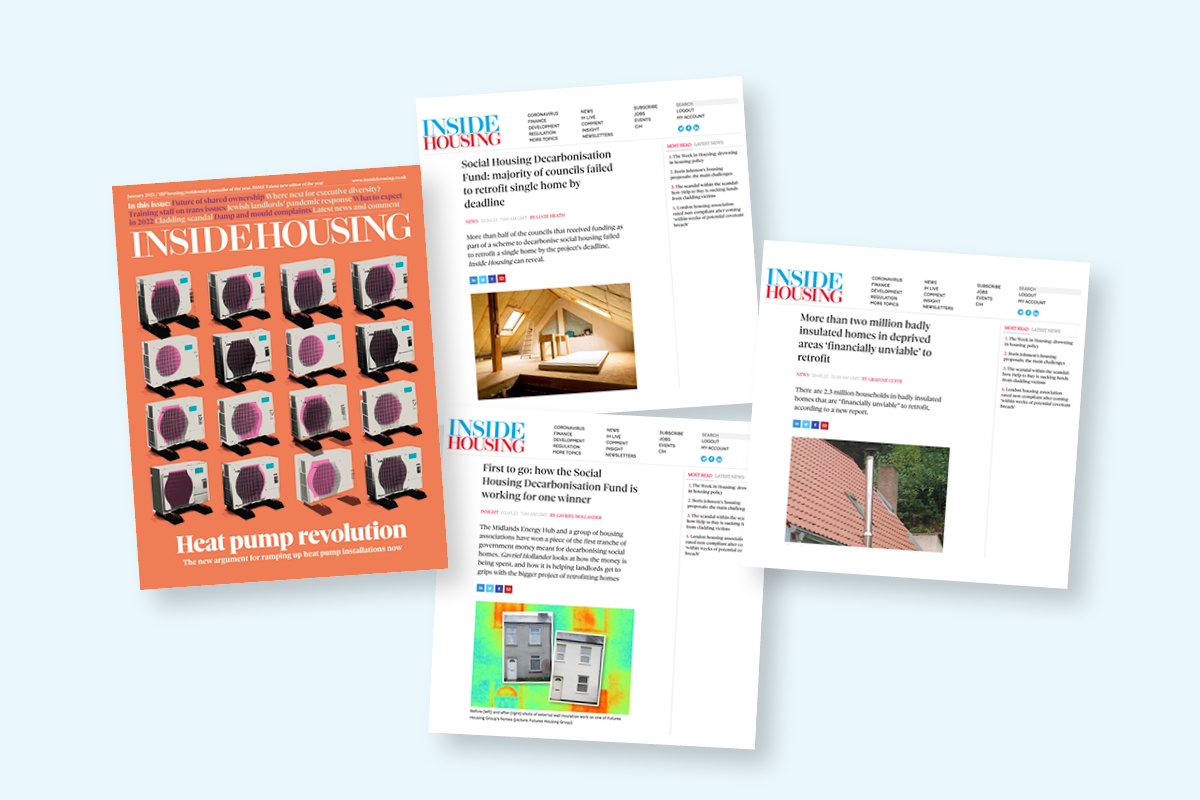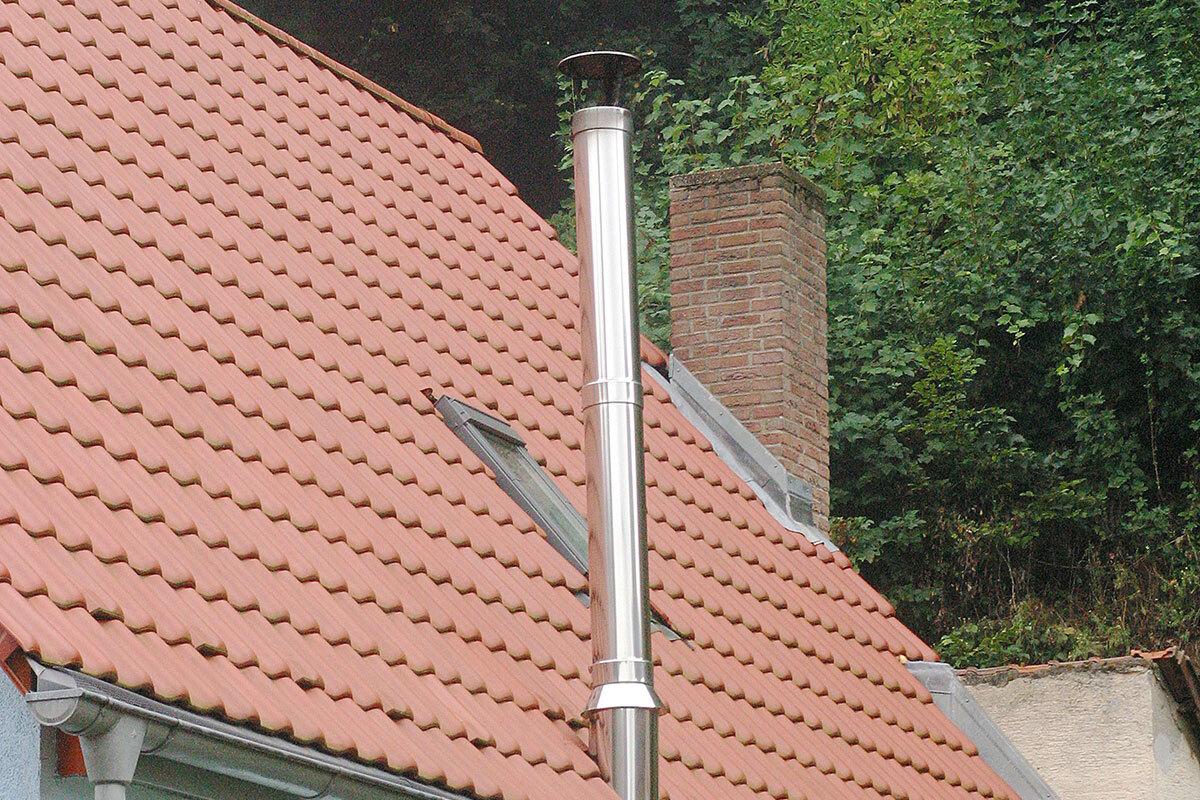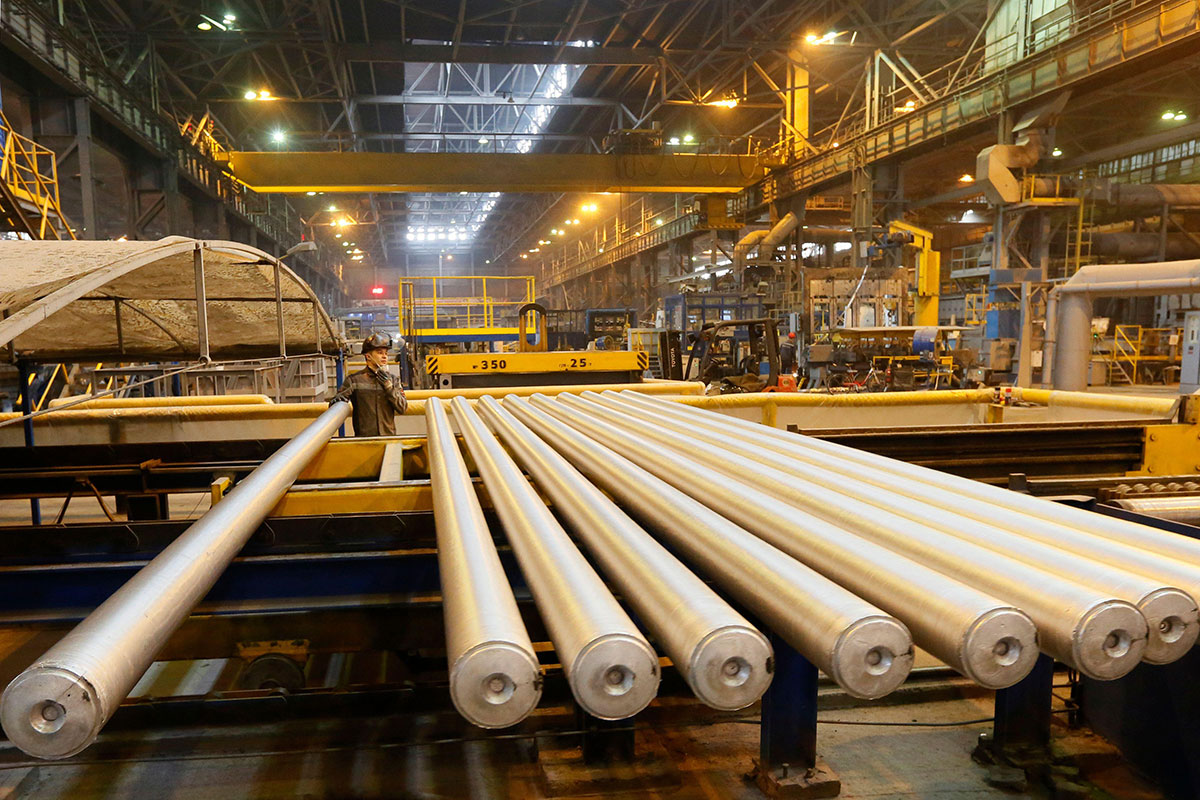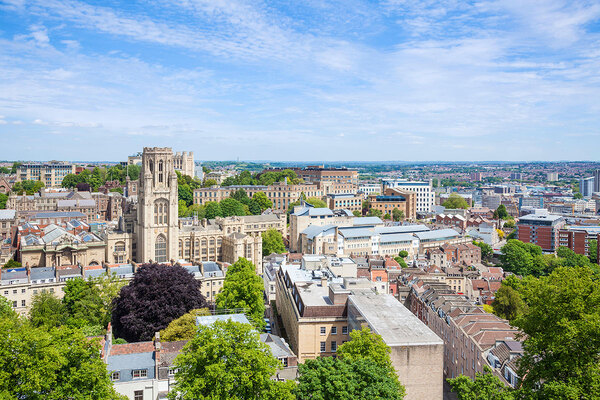Housing 2022 explainer: what is retrofitting and why is it so important?
Many sessions at Housing 2022 are exploring the topic of retrofitting. What does retrofitting mean and how does it impact social landlords? Lucie Heath explains
What is retrofitting?
Within the context of this conference, retrofitting refers to social landlords carrying out work in their existing homes in order to reduce carbon emissions.
Why are social landlords doing this?
To tackle the climate crisis, the UK government has legislated that the country will reach net zero carbon emissions by 2050, meaning the country will be putting no more carbon into the air than it is taking out.
Reducing carbon emissions from housing will form a huge part of the transition to net zero, with the Committee on Climate Change – which advises the government on emissions targets – estimating that energy use in UK homes accounts for 14% of the country’s emissions.
What kind of work does this involve?
First, social landlords must improve the energy efficiency of their homes, meaning less energy is required to heat them. This can be done by installing measures such as insulation and triple-glazing.
Second, social landlords will need to change the heating source in their homes to a low-carbon technology. This means replacing gas boilers with technology such as heat pumps.
How much progress has been made already?
Social landlords have made some progress when it comes to improving the energy efficiency of their homes (social housing is generally more energy efficient than other tenures), but overall, most landlords are still at the beginning of their decarbonisation journey.
Progress also varies per country; landlords in England and Northern Ireland are yet to be given sector-specific targets for the energy efficiency of their homes, but stricter targets are currently being set in Wales and Scotland. To learn more about how the different nations are approaching net zero, head to ‘Four nations debate on housing and climate change’ on the Unlock Net Zero Stage at 9.10am on Thursday.
How is this going to be funded?
This is the billion-dollar question. Research by Inside Housing found that it is likely to cost the sector over £100bn to retrofit their homes to net zero standards.
For those in the sector scratching their heads about how their organisation will meet these costs, the session ‘Retrofit today, ready for tomorrow’ on the Future Living Stage at 2pm on Wednesday will be well worth your attention. Four sector experts will be discussing funding options, the importance of data and how to bring tenants along on the journey.
Key questions to ask in the Housing 2022 sessions
- What should landlords be doing right now to make sure they are prepared for the transition to net zero?
- How are social landlords planning to fund the decarbonisation of their housing?
- What impact are rising material costs having on landlords’ retrofit ambitions?
Sign up for our daily newsletter
Already have an account? Click here to manage your newsletters












